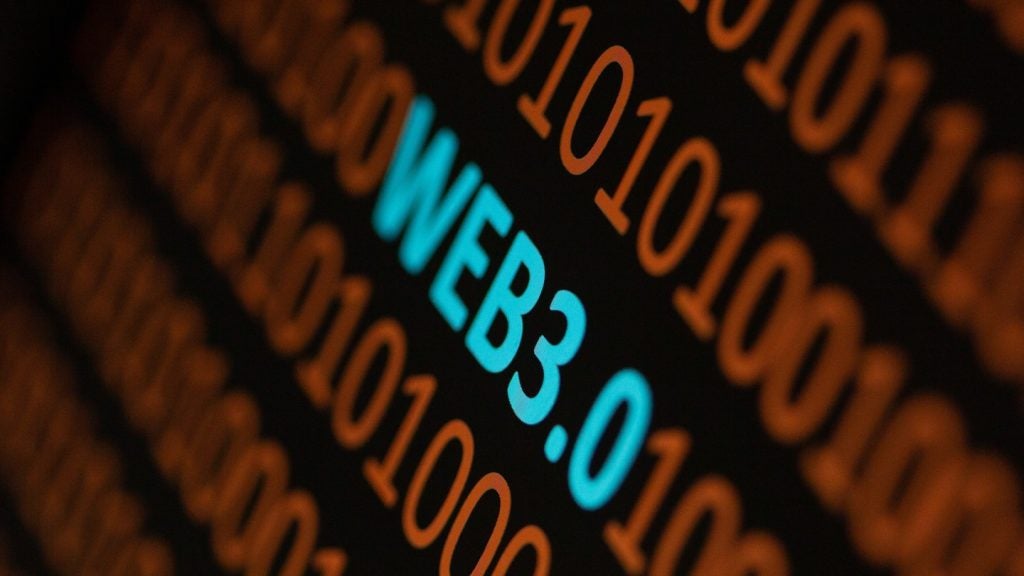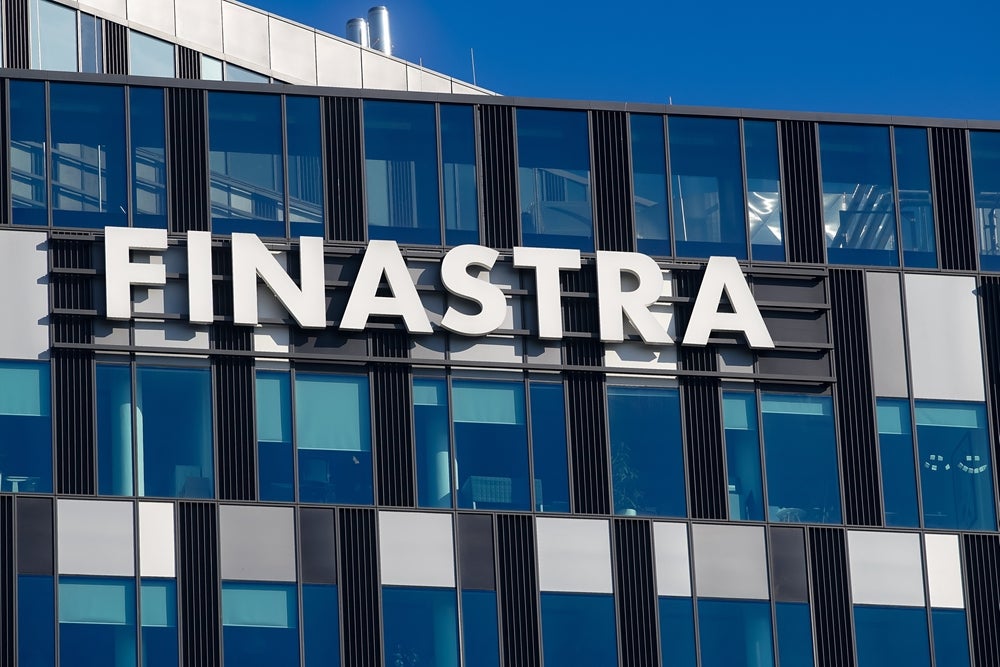5AMLD is a set of proposed amendments to strengthen the 4th anti-money laundering directive in the light of recent terrorist attacks in Europe. As Monica Monaco writes, 5AMLD covers a number of key areas including Beneficial Ownership Registers, virtual currencies, prepaid cards and information sharing
As announced in a note from the Estonian Presidency of the Union, the seventh political trilogue on the Commission “proposal for a Directive amending Directive (EU) 2015/849 on the prevention of the use of the financial system for the purposes of money laundering or terrorist financing” (5th AMLD) took place in the European Parliament in Strasbourg on 2 October.
According to some of the participants in this meeting, the three institutions – namely the European Commission, European Parliament and Council – were still disagreeing about some of the key articles of the 5th AMLD which have delayed the final approval of the Directive. Indeed, while it was originally planned to have a final 5th AMLD text by the end of the Maltese Presidency of the Union, July 2017, the task now sits with the Estonians in accordance with the rotating presidency mechanism.
As for the Beneficial Owners (BO) registers –Articles 30 and 31 of the 5th AMLD – it appears that both the distinction between for-profit and not-for-profit entities, the access to the registers and the updating of the data in the registers were discussed. More precisely, the Commission proposed a differentiation between for-profit and not-for-profit entities which the other two institutions considered difficult to implement , as it would require a complete overhaul of the current registers.
On access to the registers, while both the Commission and the European Parliament indicated that competent authorities, FIUs and obliged entities should be able to access the BO register free of charge, the Council explained that access fees could be minimised to mere administrative costs, however, ultimately whether to levy or not such fees is an option left to Member States individual decision.
As for updating the data in the register, the co-legislators agreed that discrepancies should be reported and corrected, and that any resulting changes should be flagged in the register.
How well do you really know your competitors?
Access the most comprehensive Company Profiles on the market, powered by GlobalData. Save hours of research. Gain competitive edge.

Thank you!
Your download email will arrive shortly
Not ready to buy yet? Download a free sample
We are confident about the unique quality of our Company Profiles. However, we want you to make the most beneficial decision for your business, so we offer a free sample that you can download by submitting the below form
By GlobalDataAs far as BO information beyond Articles 30 and 31 is concerned, it appears the Parliament asked, during the trilogue, for further clarification in the case of companies with a large number of owners, and where the beneficial owner cannot be identified, as in the Parliament’s view this is not appropriately addressed in the current text. Furthermore, concerning the indicator of beneficial ownership, the Parliament agreed to explore the possibility of retaining one threshold of 25%.
As for the land register the Commission indicated that the inclusion of a recommendation for FIU access to land registers, if a Member State already has this in place, together with a report on the possibility of interconnection of land registers, could be included in the 5th AMLD text.
Finally, regarding the Politically Exposed People (PEPs) – Article 20 of the 5th AMLD- , it was proposed to have lists of public functions to be published by individual Member States, which could also be complemented by a list of EU PEP functions to be published by the Commission. So the agreement to finalise the text of the 5th AMLD seems not to be complete yet.
Notwithstanding the most recent discussions, other provisions seem also to have some political relevance, as for example the definition of virtual currencies (vcs), for which it is still unclear whether they will be defined as means of payment or as means of exchange.
While vcs exchange platforms and vcs custodian wallets are included in the 5th AMLD obliged entities list – making the 5th AMLD the first piece of European law to refer to vcs – the definition of virtual currencies has progressed from “means of payment” to “digital representation of value” to “means of exchange” during the 5th AMLD negotiations.
The difficulty seems to lie in the fact that while vcs are used as means of payment, they may also be used for other purposes such as investment. The outcome of the discussions on the nature of virtual currencies is however not negligible, as one of the likely consequences of the qualification of virtual currencies as a means of exchange rather than as a mean of payment could be the impossibility of proceeding with seizure in case of fraud.
If we consider that the inclusion of vcs in the 5th AMLD scope is meant to allow the establishment of anti money laundering rules also for virtual currencies transactions, this would not be the ideal outcome.
Finally, for the 5th AMLD prepaid cards provisions, one provision explains that Member States shall ensure – 6 months after the deadline for the transposition of the Directive – that credit institutions and financial institutions acting as acquirers only accept payments carried out with anonymous prepaid cards issued in third countries where such cards meet requirements equivalent to those set out for prepaid cards issued in Europe under the 5th AMLD.
However, Member States may decide not to accept on their territory payments carried out by the anonymous prepaid cards at all. In the prepaid industry’s view of course this equals having Member States autonomously assessing each third country rule and therefore making equivalence decisions, and consequently obliging the acquiring banks to constantly update their rules according to such decisions.
As for the online use of anonymous prepaid cards, the 5th AMLD is likely to allow it via some derogations, but in a quite restrictive way, which will probably impact some key features of prepaid cards such as online privacy, or financial inclusion.
While it appears that a lot was discussed and achieved during the early October trilogue, many issues remain open for discussion in the next trilogue, which is scheduled for 14 November.
While the Estonian Presidency would like to reach a political agreement on the 5th AMLD on that occasion, other technical and political points may arise in the meantime. Moreover, whereas the 5th AMLD negotiations seem to be coming to an end, trilogues on a different European Commission legislative initiative, the Directive on criminalisation of money laundering (CMLD), are to start.
This poses the question of how and if the two texts will be aligned, as both the legal basis of the CMLD and its territorial application are to be different from those of the 5th AMLD , also due to an “opt-out” option from the CMLD which some Member States may decide to use.






